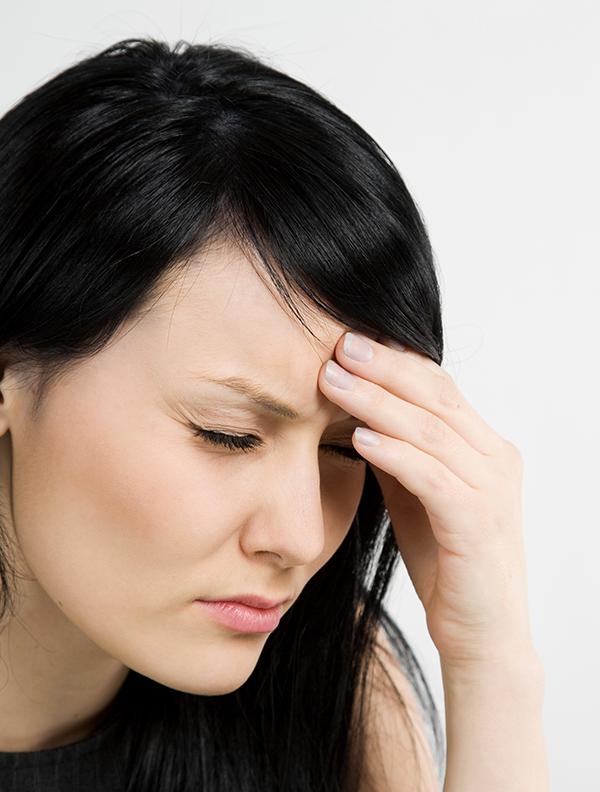
Nobody else can hear it – but you hear it all the time. It can be a ringing, buzzing, pulsing, clicking or humming noise that you hear, and in some cases it can be a burden. This aggravating noise in your ears, called tinnitus, can be managed.
TINNITUS CAUSES
Tinnitus is not a disease, but a symptom arising from a range of underlying causes. Tinnitus can be caused by a variety of factors, some of them not under your control, such as aging. Tinnitus has also been associated with ear infections, earwax and sensory nerve disorders. Most often, tinnitus is caused by repeated noise exposure.
TINNITUS TRIGGERS IN EVERYDAY LIFE
Some days your tinnitus may be worse than it is on other days. When you are tired, stressed, feeling ill, you are likely to have worse symptoms of tinnitus. If you are a smoker, drink excess amounts of alcohol, or consume too much caffeine, you can also cause your tinnitus to flare up.
WHAT MAY AFFECT TINNITUS?
Many different things can trigger tinnitus, but it is most often caused by loud noise that damages the delicate cells of the inner ear. Alternately, stress, high blood pressure and even excessive earwax can set off tinnitus.
LOUD SOUND - Whether it’s a concert or a plane taking off, exposure to loud noise can damage your hearing.
STRESS - Stress from a difficult day at work or other stressful circumstances can affect your hearing and tinnitus.
SMOKING - Smoking narrows the blood vessels that bring oxygen to the sensory cells of your ears.
MEDICATION - High doses of aspirin and NSID pain relievers are a known trigger for tinnitus, as are some antibiotics and anti-depressants.
SALT - High blood pressure can increase tinnitus symptoms, so people with tinnitus should cut down on salt.
CAFFEINE - Coffee, dark tea, cola, and energy drinks all contain caffeine, and people with tinnitus say eliminating them helps control tinnitus.
ALCOHOL - Excessive use of alcohol and quinine water, found in the ‘tonic’ used in many mixed drinks, can trigger tinnitus.
HOW CAN I MANAGE TINNITUS?
If you think you may be suffering from tinnitus, your first step is to see a hearing healthcare practitioner and have a complete hearing evaluation and counselling. Counselling with an experienced hearing healthcare professional trained in managing tinnitus improves your chances of success in regaining your quality of life. The effects of tinnitus can often be minimised by a combination of counselling and sound stimulation.
HEARING AIDS AND TINNITUS
Many people with tinnitus also have some form of hearing loss. This is why the sounds generated by their nervous system in the form of tinnitus seem very loud.
By amplifying the sounds of your surrounding environment, a hearing aid can make the unpleasant ringing of tinnitus less prominent.
If you have any signs or symptoms of tinnitus or difficulty with your hearing, contact In Home Hearing today.